
Check out my video below.
How to Write Well
Have you ever wondered what it takes to write well? Join me as I reveal the secret of great writing to answer these questions:
How do I know if my writing is good?
What do I need to pay attention to so I can write successful paragraphs and essays?
When I was learning English, I tried to compose as I did in Turkish, but I soon realized that effective writing in English is different and required my attentiveness in these six areas.
Six Traits or Characteristics
Here is the list of the traits or characteristics we need to concentrate to produce great writing:
- Ideas and details
- Organization
- Voice
- Word Choice
- Sentence Fluency
- Conventions
Let me go through each of these to explain what they mean.
Ideas
To be able to produce any writing, we need ideas. No ideas, no writing! Sometimes we will be given a topic to write about. Either way, we need to make sure we have all the ideas we need to write about our topic before we start.
First of all, we need the main idea that introduces the topic to our readers. Then, we need to support this central idea with details. We usually write for a specific audience or reader group. We also have a purpose: to persuade or change others’ minds, to express ourselves, to entertain, or to give information.
So, here are the questions we need to ask ourselves:
- Do I have an idea that is important to me and my audience?
- Do I have interesting details that explain my main idea?
- Does my writing have a clear purpose that makes it meaningful?
Organization
The organization of writing in English is probably different from the way we write in our native language.
Writing in English is linear and follows a logical order. It is to the point, which may sound dry at first, but we need to organize our writing this way if we want to write successfully.
Here are the questions we need to ask ourselves:
- Have I organized my ideas in a logical and effective way?
- Do I have a beginning that catches the reader’s attention?
- Do I have an ending that wraps up the piece and makes people think?
- Are the “parts” of the piece organized in the best way?
- Have I made it easier to flow from one part to another with transitions?
Voice
Voice means how a writer comes across to the audience. The voice is also determined by our purpose. Do we need to be formal or informal? Believe it or not, a reader can tell whether we care about the topic we are writing about. We need to show our passion and express our unique personality in our writing.
We need to ask these questions to succeed:
- Do I care about the topic I am writing about?
- Do I sound like myself in my writing?
- Is my voice formal or informal?
- Is my writing welcoming or distant?
- Does my voice fit my purpose?
Word Choice
Word Choice is all about the words you use. If you like to use the thesaurus, make sure the word you choose can be used in that sentence in a meaningful way. How else can we express our ideas correctly if the word we are using is not the right one?
Try to use strong words that your readers will remember long after they have first read it. Think about famous quotes from movies? What makes them memorable is the way they are worded. Practice sounding unique. In addition, make sure your words are suitable for your readers and serve your purpose.
Ask yourself these questions:
- Have I used words that are strong and specific?
- Are my words used correctly?
- Will my readers remember the words I have used in my piece?
- Are my words appropriate for my purpose and audience?
Sentence Fluency
For English learners, this is one of the most difficult parts of writing. We need to make sure our sentences make sense and are correct grammatically. One advice I have is to read in English whenever you can, especially the news and reliable publications to learn how to write correct sentences. This will also help you learn different sentence types with different lengths and beginnings. If someone were reading your piece out loud, could they read it with expression?
Here are the questions you need to ask yourself:
- Are my sentences easy to understand?
- Have I used different sentence beginnings, lengths, and structures?
- Is it easy to read my piece out loud?
- Do my sentences flow or are they choppy?
Conventions
Conventions refer to spelling, punctuation, capitalization, and grammar to make sure our writing is accurate. Learning the conventions of any language takes time. I know for a fact Turkish punctuation is so different from English that I need to consult a resource to know how to punctuate correctly so my readers can understand what I am trying to say.
Learning conventions takes determination and attention to detail. When you are reading, try to see how English works in general.
Here is the key question to ask:
- Have I followed the rules of English in terms of
- Punctuation
- Capitalization
- Spelling
- Grammar
As you can see writing in English can be challenging. I hope the explanation of these six traits will help you compose better paragraphs and essays.
The Video
Have you ever wondered what it takes to write well? Join me as I reveal the secret of great writing to answer the questions
- How do I know if my writing is good?
- What do I need to pay attention to so I can write successful paragraphs and essays?
I know that writing in English can be challenging. I hope the explanation of these six traits will help you compose better paragraphs and essays.



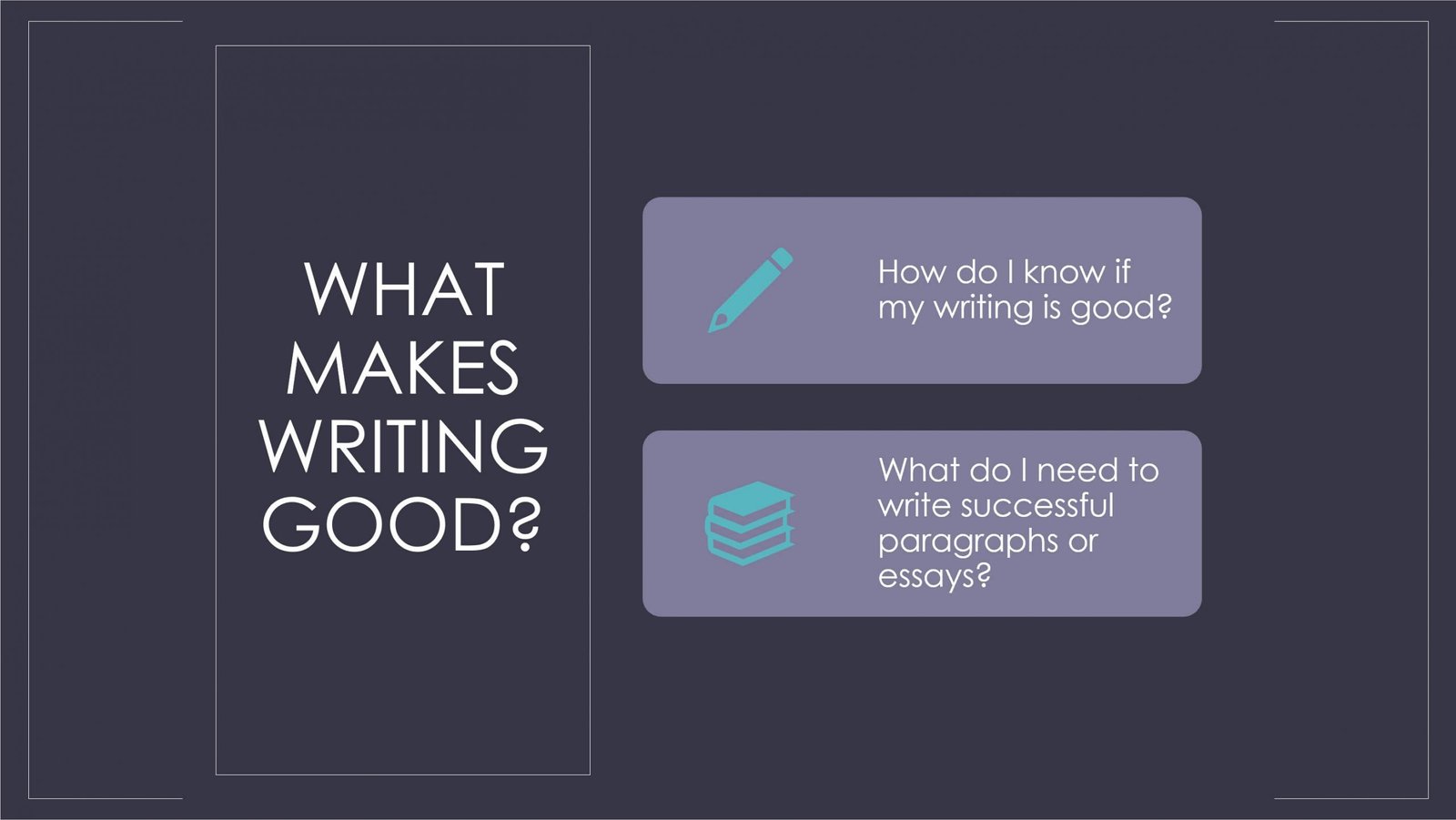
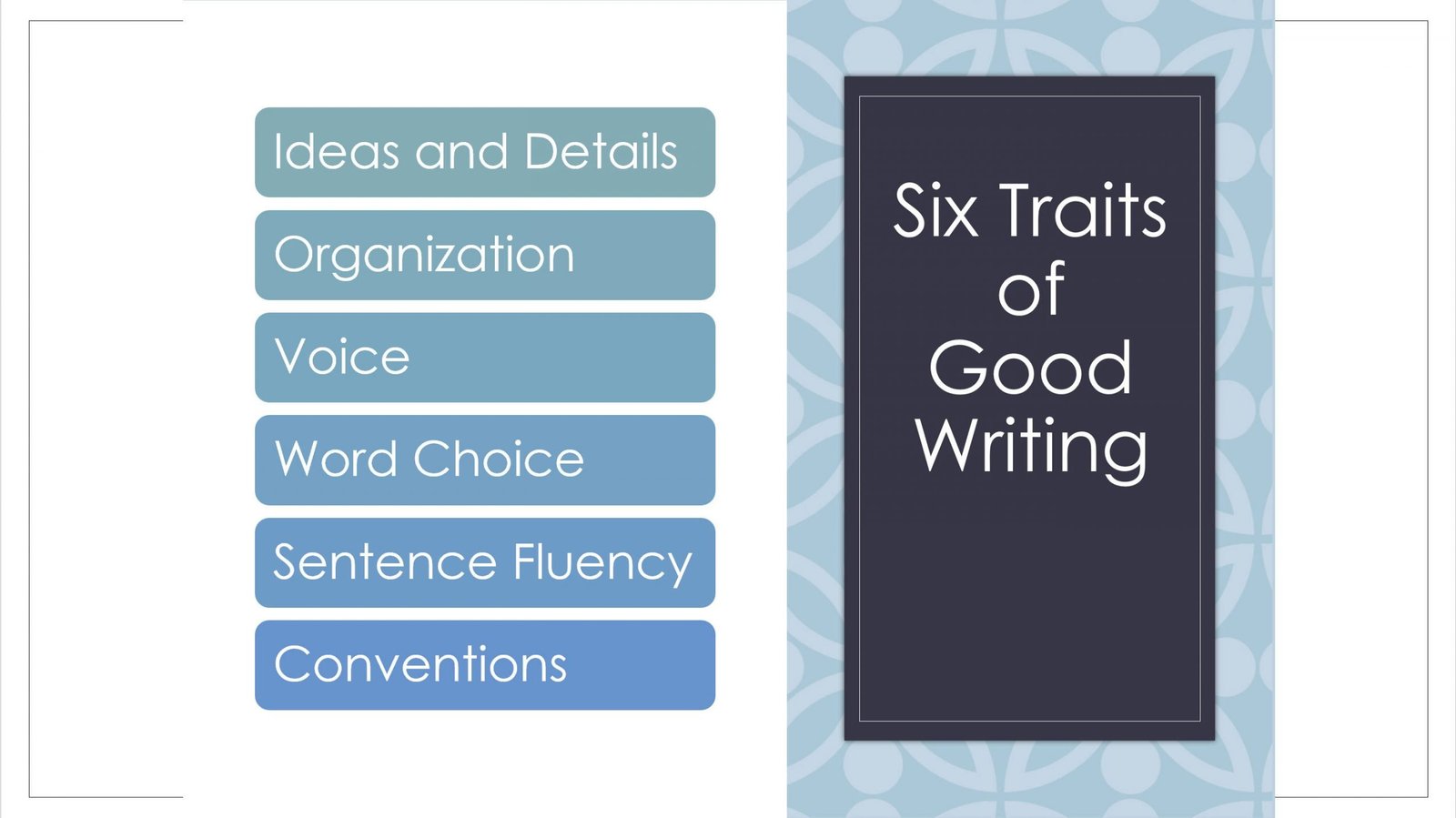
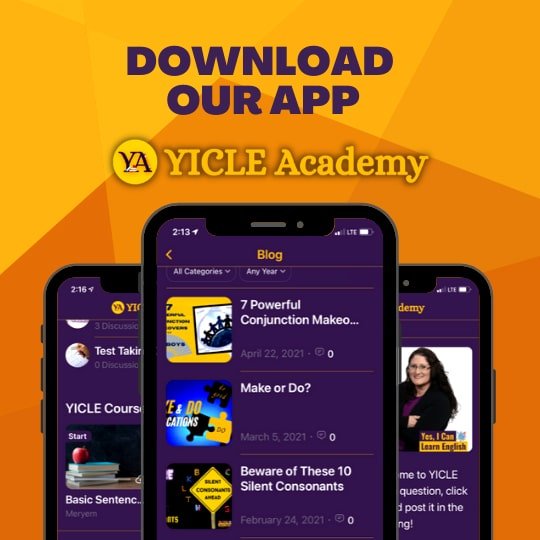
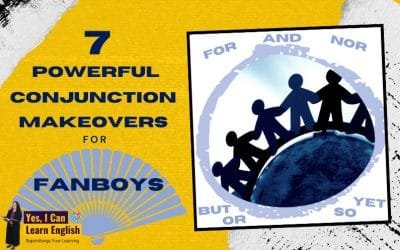

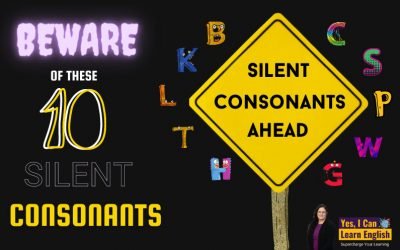
0 Comments